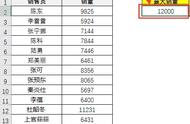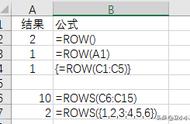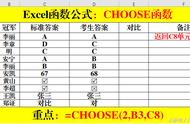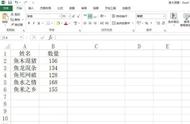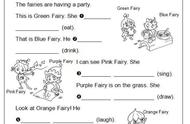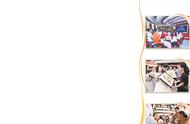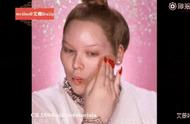肯定句:主语 be 其它。 如:He is a worker. 他是工人。
否定句:主语 be not 其它。 He is not a worker.他不是工人。
一般疑问句:Be 主语 其它。
如:I am a student.
-Are you a student?
-Yes. I am. / No, I m not.
特殊疑问句:疑问词 一般疑问句。
如:My bike is under the tree.
Is your bike under the tree?
Where is your bike?
2.行为动词的变化。
肯定句:主语 动词原形。
否定句:主语 don t 动词原形。
如:I like bread.
I don t like bread.
当主语为第三人称单数时,要用doesn t构成否定句。
如:He ofter plays football.
He doesn t often play football.
一般疑问句:Do 主语 动词原形 其它。
如:I often play football.
- Do you often play football?
- Yes, I do. / No, I don t.
当主语为第三人称单数时,要用does构成一般疑问句。
如:She goes to school by bike.
- Does she go to school by bike?
- Yes, she does. / No, she doesn t.
特殊疑问句:疑问词 一般疑问句。
如:She goes to school by bike.
Does she go to school by bike?
How does she go to school?

动词 s的变化规则
1.一般情况下,直接加-s,如:cook-cooks, milk-milks
2.以s. x. sh. ch. o结尾,加-es,如:guess-guesses, wash-washes, watch-watches, go-goes
3.以 辅音字母 y 结尾,变y为i, 再加-es,如:study-studies

